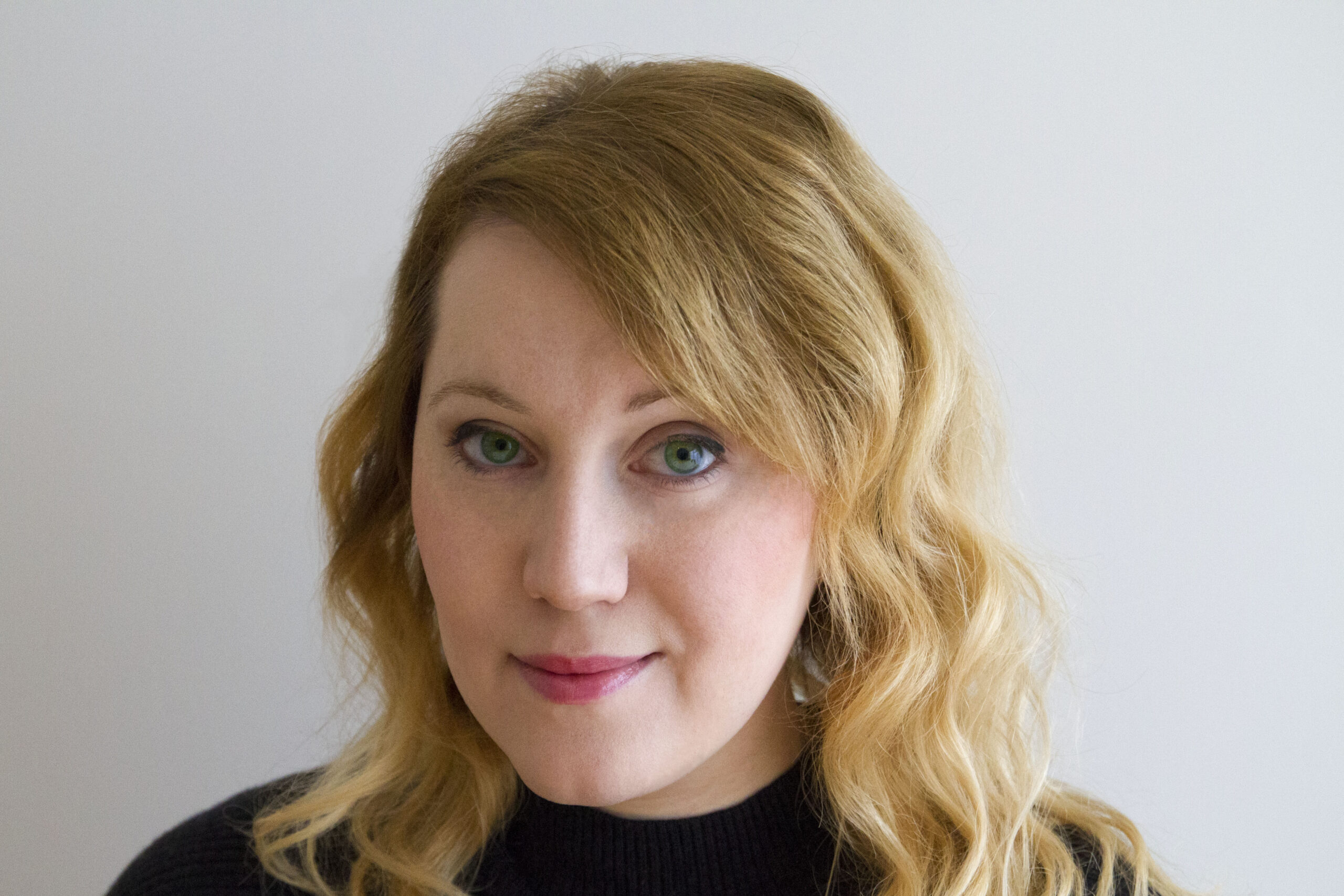Tanya Lecchi, PhD

I am a BPS Chartered Psychologist, Registered Counselling and Clinical Psychologist (HCPC), Relational Psychotherapist, Mindfulness Teacher, and Senior Research Fellow.
I have extensive training in a range of approaches to therapeutic work, including systemic, cognitive-constructivist and relational psychoanalytic, and have more than 15 years of experience in providing psychological assessment and treatment to adults, families, children and young people in different care settings, including the hospital environment and private practice.
As well as working privately as a clinician, I am currently a course tutor on the DClinPsy at the University of Oxford and a senior research fellow within the Child Attachment and Psychological Therapies Research Unit (ChAPTRe) at the Anna Freud Centre/UCL.
In the past three years, I have launched the Inner Citadel Institute, a centre for integrative psychotherapy focused on offering evidence-based therapies to individuals eager to explore their lived experiences in depth. With a commitment to helping clients manage clinical symptoms, my work enables them to find greater authenticity and fulfillment in their daily lives. Drawing on my extensive experience in treating PTSD and complex trauma, I have created a space where healing and personal growth converge. The institute not only serves as a therapy clinic but also as a training hub, leveraging my academic expertise to offer CPD courses, attracting practitioners from around the world.

Expertise
During my PhD I developed a mindfulness-based intervention for maltreated children and adolescents in residential care, and completed a training to become a certified mindfulness teacher. I taught undergraduates and postgraduate psychology students at the Catholic University of Milan and then worked as a senior lecturer at the University of Northampton, where I led an MSc in Counselling Children and Young People.
I also worked as a senior research tutor on the MSc Developmental Psychology and Clinical Practice at the Anna Freud Centre, and as a research and clinical tutor for DCPsych and DPsych students at Metanoia Institute and at City, University of London.
My main interests include phenomenological psychopathology, relational mindfulness, brain-to-brain synchrony, developmental trauma, and therapeutic presence.
Training
- BA (Hons) in Clinical Psychology
- MSc in Clinical Psychology
- Doctorate in Counselling Psychology and Psychotherapy
- PhD in Psychology
- Professional Training in Mindfulness-based Interventions
- Foundation Course in Psychoanalysis
- Foundation Course in Group Analysis
- PGCertHE (Teaching and Learning in Counselling and Psychotherapy)
- PG Certificate in Relational Theory in Clinical Practice (The Stephen Mitchell Relational Study Center, New York).
Special Interests
Relational Trauma
My PhD focused on developmental trauma, specifically examining meaning-making and mindfulness skills in children who have experienced abuse and neglect. Over the years, I have worked with both young people and adults who have faced relational trauma, primarily utilising an integrative model to address post-traumatic self-dysregulation (see Ford et al., 2005). This model consists of three phases: Phase 1 involves forming an alliance and stabilising the client’s emotional state, Phase 2 focuses on processing trauma, and Phase 3 emphasises functional reintegration.
To effectively address dissociation, I incorporate concepts from enactive trauma therapy and relational psychoanalysis. Enactive trauma therapy, particularly developed by Ellert Nijenhuis (2019), is grounded in the theory of trauma-related structural dissociation and the social enactive self. This approach fosters a collaborative relationship between the client and therapist, enhancing the client’s capacity to take action.
Relational psychoanalysis, influenced in particular by Bromberg’s work, underscores the multiplicity of the self. Dissociation arising from relational trauma occurs when our primary attachment figures repeatedly deny us recognition, leading to feelings of shame and causing us to disconnect from the parts of ourselves associated with that experience. This leads to the emergence of “not-me” states—dissociated, unsymbolised aspects of our subjectivity that are structurally excluded from conscious awareness.
Dissociation often manifests during enactments, clinical moments that demand careful attention to the unacknowledged emotional shifts occurring in both the therapist and the client’s self-states (Bromberg, 2006). As we begin to address these enactments, the “not-me” parts can acquire symbolic significance, facilitating conflict resolution.
References
- Bromberg, P. M. (2006). Awakening the dreamer: clinical journeys. Analytic Press.
- Ford, J. D., Courtois, C. A., Steele, K., Hart, O. v. d., & Nijenhuis, E. R. S. (2005). Treatment of complex posttraumatic self-dysregulation. Journal of Traumatic Stress, 18(5), 437–447.
- Nijenhuis, E. R. S. (2019). The Trinity of Trauma: Ignorance, Fragility, and Control. Vandenhoeck & Ruprecht.
The poetic mind
I work with individuals who are curious about their inner world and open to a more imaginative, creative approach to therapy. My way of working has been shaped by over 20 years of meditation practice, as well as an ongoing interest in dreams and Jung’s method of active imagination.
I see therapy as a shared space—like a dance—where both client and therapist listen closely to what emerges, especially through images, symbols, and feelings. This process is inspired by what James Hillman called the “poetic mind”—a way of seeing that values imagination, metaphor, and emotional depth over analysis and problem-solving.
Rather than trying to explain everything, this way of working invites you to stay with the unknown, explore inner landscapes, and connect with the deeper layers of your experience. It honours creativity, mystery, and the complexity of being human—helping you develop a richer relationship with yourself and the world.
Publications
Recent publications
Jones, A. K., & Lecchi, T. (2024). ‘It overshadowed everything’: Understanding working-class clients’ experiences of social class differences within the therapeutic relationship. Counselling and Psychotherapy Research, 00, 1–11. DOI: 10.1002/capr.12867
Lecchi, T. (2024). Intersoggettività e presenza nell’incontro terapeutico: una prospettiva costruttivista. In F. Giommi (Ed.), Coltivare Presenza: Psicoterapia e meditazione relazionale (pp. 117–137). Edizioni Edra.
Kristen, A., Lecchi, T., Loades, M. E., & Midgley, N. (2024). “I can’t escape my scars, even if I do get better”: A qualitative exploration of how adolescents talk about their self-harm and self-harm scars during cognitive behavioural therapy for depression. Clinical Child Psychology and Psychiatry. https://doi.org/10.1177/13591045241241348
Amin Choudhury, A., Lecchi, T., & Midgley, N. (2023). Understanding change – developing a typology of therapy outcomes from the experience of adolescents with depression. Psychotherapy Research, 34(2), 171–181. https://doi.org/10.1080/10503307.2023.2179440
MacKean, M., Lecchi, T., Mortimer, R., & Midgley, N. (2023). ‘I’ve started my journey to coping better’: exploring adolescents’ journeys through an internet-based psychodynamic therapy (I-PDT) for depression. Journal of Child Psychotherapy, 49(3), 432–453. https://doi.org/10.1080/0075417X.2023.2173271
